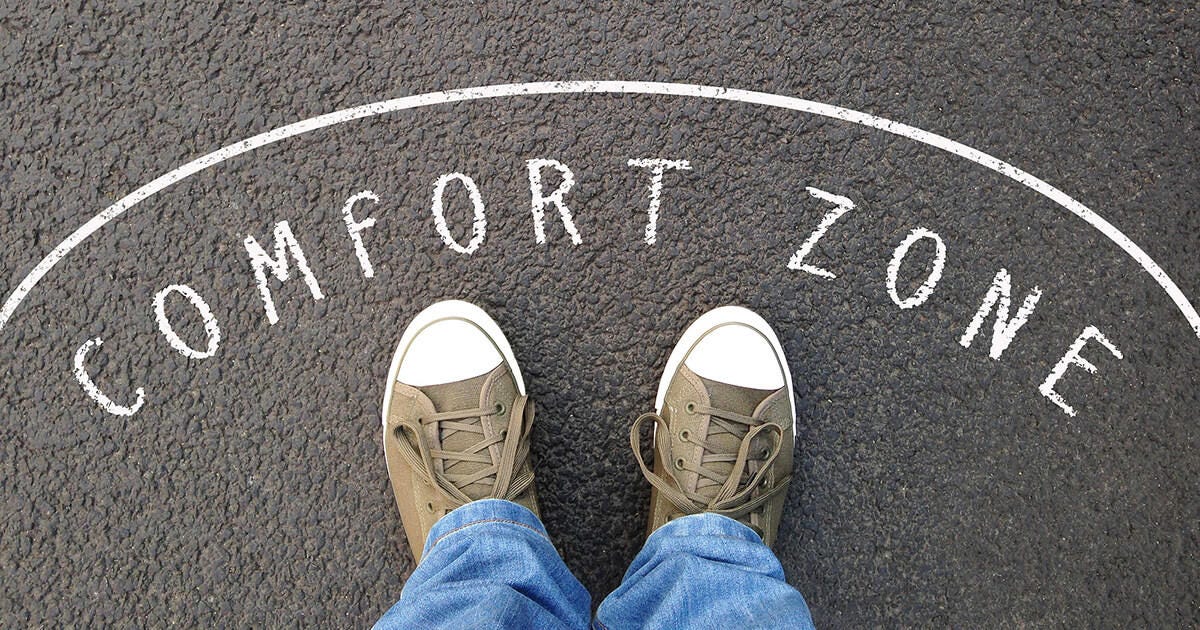What is the "Comfort Zone"?
As the only creature capable of stepping out of our comfort zone, we also seem to be the only ones who misunderstand comfort so profoundly that we render this ability almost useless.
One of the most popular concepts in recent years is the "comfort zone." A speech I gave on this topic, with the theme "comfort rots us," was widely shared on social media after it was featured on a TV program. Naturally, when people hear the word "comfort," many initially perceive it as living a life of luxury, with everything handed to them on a silver platter. And of course, this notion is quickly met with resistance. People tend to label this warning as something relevant only to those they see as "luckier" than themselves, something that doesn’t apply to those leading "hard lives" like they do. However, no matter what kind of life we lead, there are always thousands of situations we can improve for the better. But we often lack the energy and hope to do so. The odds always seem stacked against us, and we internalize a quiet resignation, thinking, "What can I do if the circumstances don’t change?" This sense of helplessness becomes ingrained in us. Whether it’s a businessperson dedicating their life to safeguarding millions of dollars recorded as digital figures in a bank or a laborer working tirelessly for a pittance to put bread on the table, both are afflicted by the same issue. Their solutions may appear entirely different, but the underlying cause is almost always the same: the tendency to continue acting as they always have. Our businessperson, driven by sleepless nights, a stressful work pace, and a fixation on financial goals that makes them forget their real needs, experiences challenging days and even burnout. Our struggling laborer does the same, spending years in the "battle of life" without ever considering stepping outside the mental and behavioral patterns ingrained since youth. For anyone who is unhappy with aspects of their life but can’t seem to change them, the mechanism works more or less the same.
Interestingly, the laborer often yearns to live like the wealthy, while the businessperson occasionally longs for the simplicity of the laborer’s life. Everyone focuses on the aspect of life they perceive as lacking in themselves. If you don’t have enough money, you might dream of striking it rich in the lottery or the cryptocurrency market; if you lack time, you might fantasize about a long vacation or a "break" to save you.
These thoughts serve only one purpose: to trap you even more tightly in the comfort zone you’ve been stuck in for years. Even though we know that nothing in life changes by waiting for miracles or constantly complaining about our situation, the world outside our familiar comfort zone feels foreign to us. As a result, it’s only on rare occasions that we decide to "do something we’ve never done" or "stop doing what we’ve always done." And when that happens, everything changes.
In short, the comfort zone is the name we give to the life we know and are accustomed to. And the only creatures capable of changing it are us—human beings.




